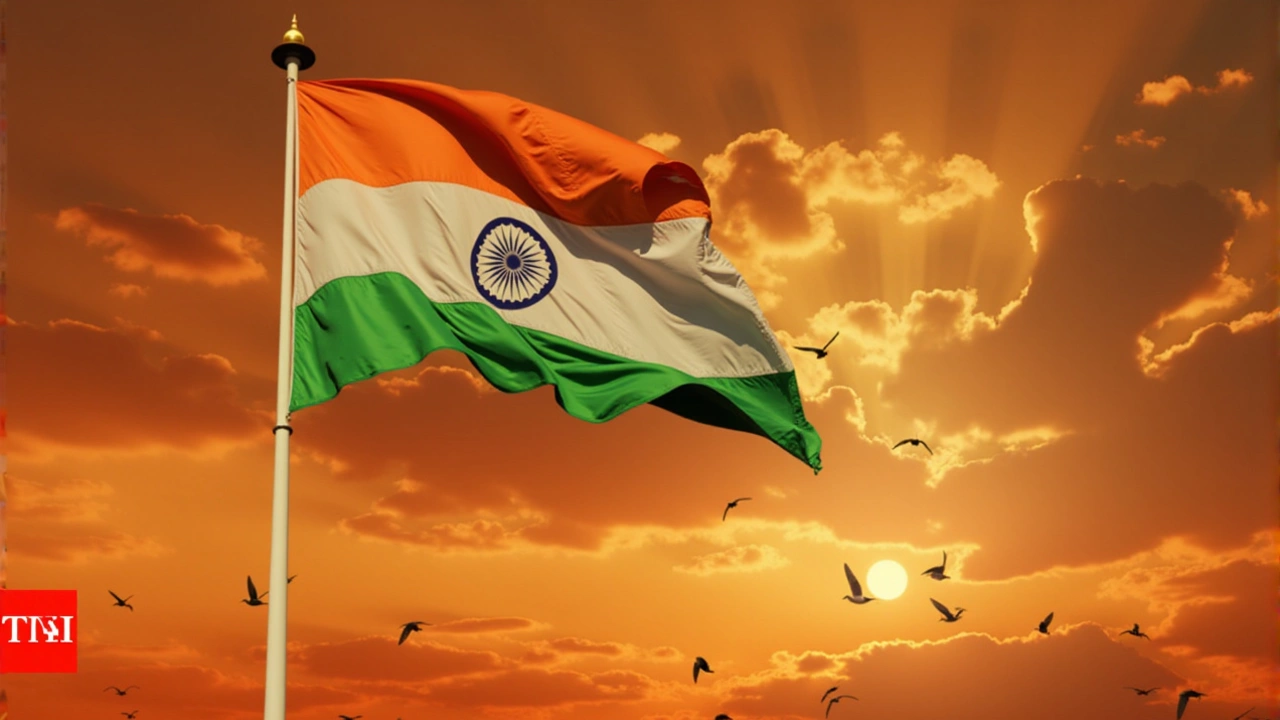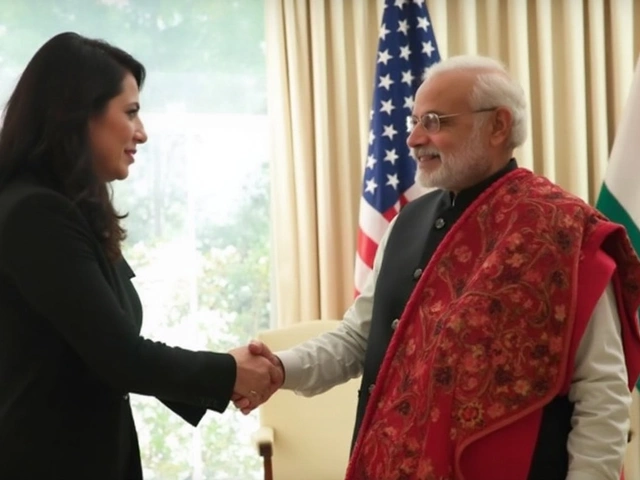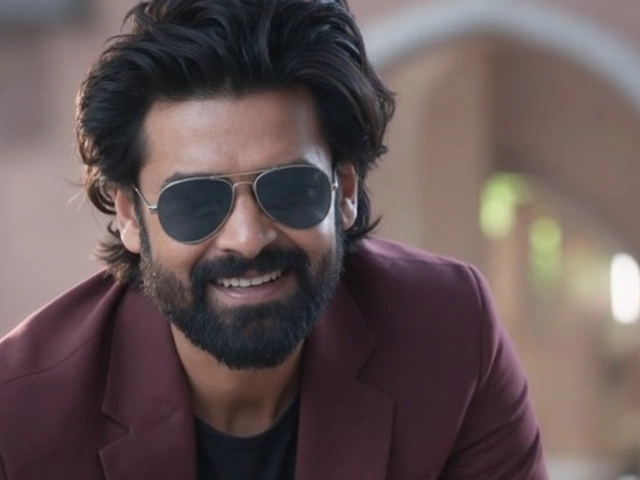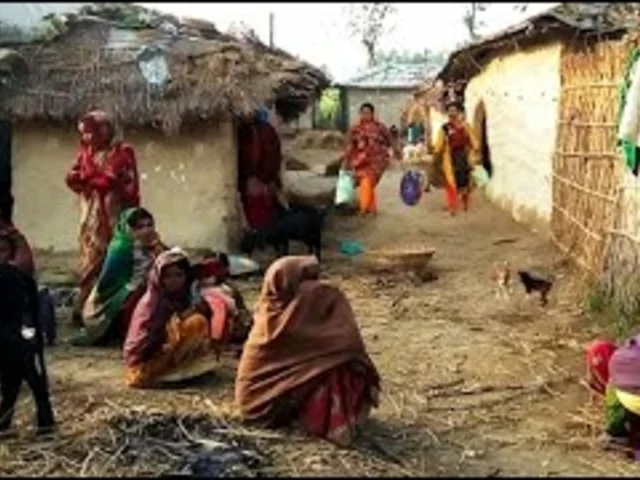Freedom Fighters: Who They Were and Why They Matter
When you hear the word “freedom fighter,” you probably picture someone standing up against oppression. Whether they fought for independence, civil rights, or social change, these people share a common drive: to secure a better future for their community. In this page we’ll break down what makes a freedom fighter, look at a few famous examples, and show why their stories still matter today.
Defining a Freedom Fighter
A freedom fighter is not just a soldier or a protester. The term usually refers to a person who takes direct action—sometimes armed, sometimes peaceful—to end a system that limits basic freedoms. They often operate when legal avenues are blocked, which forces them to take riskier routes. What sets them apart is the purpose behind their actions: they fight for a cause that they believe benefits everyone, not just a personal gain.
Most freedom fighters start as ordinary citizens who witness injustice. They might be teachers, farmers, or shop owners who see their families suffer. That personal spark turns into a larger movement when others join in. Think of Mahatma Gandhi, who used non‑violent civil disobedience, or Bhagat Singh, who believed that small acts of rebellion could inspire mass change. Both of them fit the definition, even though their methods differed.
Remembering Their Legacy
Why should you care about freedom fighters from the past? Their actions created the rights we enjoy today—like voting, free speech, and education. By studying their strategies, modern activists can learn what worked and what didn’t. For example, the civil rights marches of the 1960s borrowed tactics from earlier independence movements, showing how ideas travel across borders.
Many countries celebrate these heroes with holidays, statues, and school curricula. In India, Republic Day showcases a parade that honors the soldiers and freedom fighters who ended colonial rule. In the United States, Martin Luther King Jr. Day reminds us that peaceful protest can change laws. These commemorations keep the spirit alive and motivate new generations to stand up for fairness.
If you want to get involved, start small. Attend local community meetings, volunteer for a cause you care about, or simply share a story about a freedom fighter you admire on social media. Every action builds momentum, just like it did for those who fought before us.
In short, freedom fighters are people who turned personal frustration into collective action. Their bravery reshaped nations and continues to inspire us. By learning their stories, you gain both knowledge and motivation to make a difference in your own world.
Engaging Republic Day Speech Topics for Students: Crafting Memorable 26 January Celebrations
Republic Day, celebrated annually on January 26th, is a momentous occasion for India as it commemorates the adoption of its Constitution in 1950. Marking the establishment of India's democratic foundations, this day inspires pride in the values of justice and equality. Schools play a pivotal role in these celebrations by hosting parades and educational activities. Here are ten impactful speech topics to guide students in honoring this significant day.





